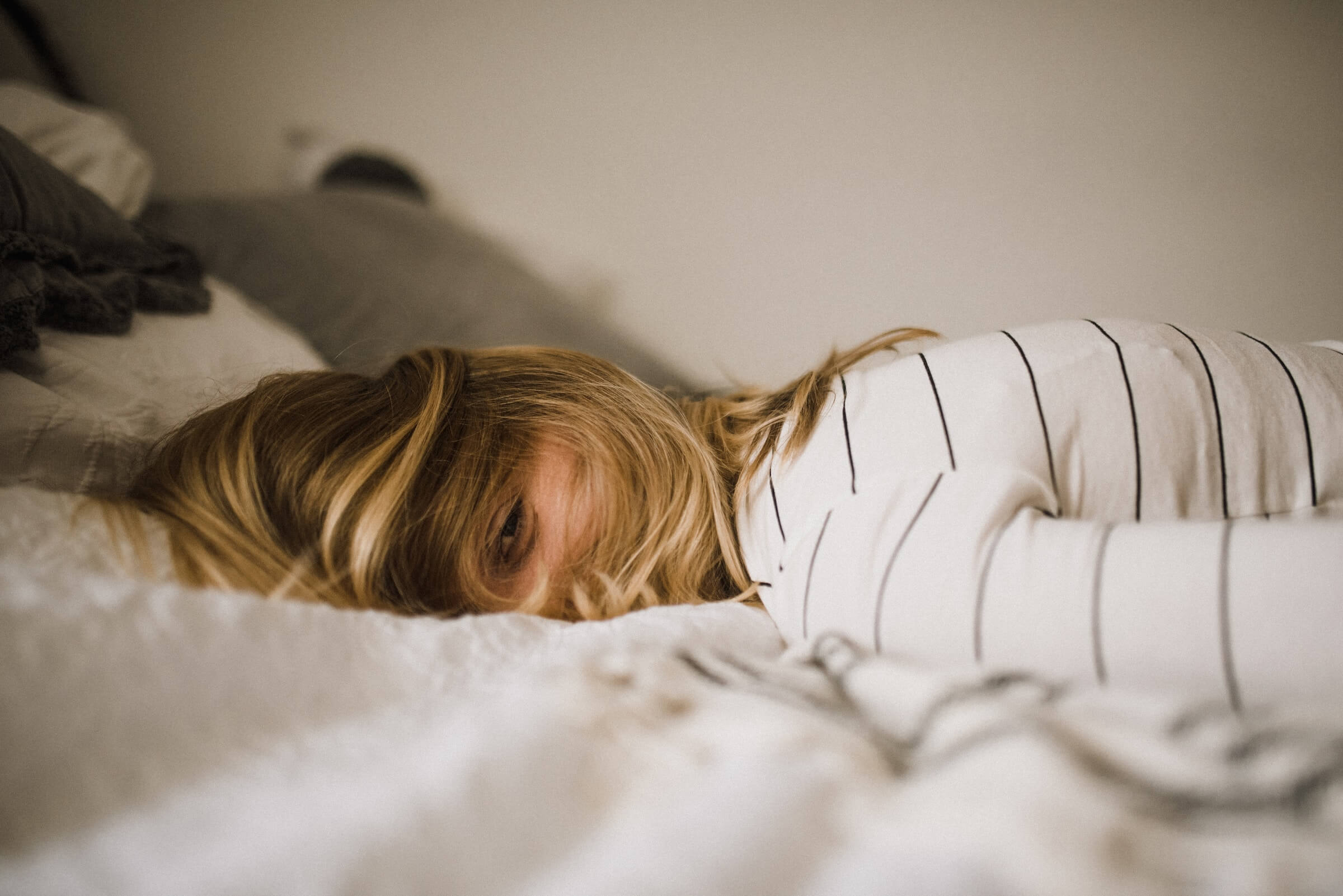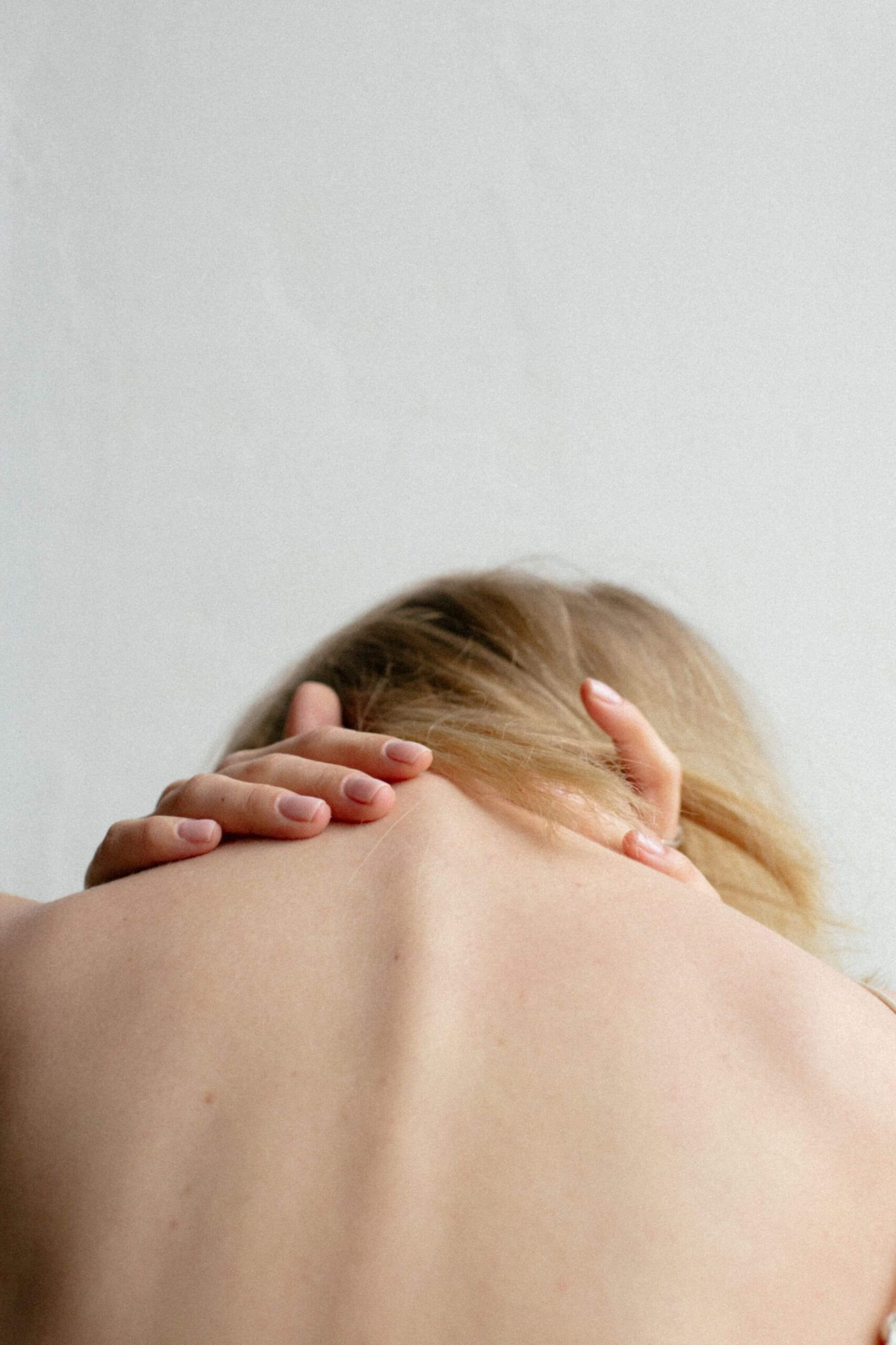Menopause is a natural phase of a woman’s life that marks the end of her reproductive years. While it is a significant milestone, it often comes with a range of uncomfortable symptoms, such as hot flashes, mood swings, and sleep disturbances. While medical treatments are available, many women are looking to herbal remedies for alleviating menopause symptoms.
In this blog post, we will explore the top 5 herbal remedies for menopause, backed by scientific research.
1. Black Cohosh (Actaea racemosa)
Black cohosh, a plant native to North America, has been widely used as a remedy for menopausal symptoms. It is believed to have estrogen-like effects that can help alleviate hot flashes and mood swings. A review published in the Pharmaceuticals (Basel) Journal (1) found that black cohosh reduces the frequency and intensity of hot flashes, night sweats, sleep disturbances, vertigo, nervousness, mood swings, and vaginal dryness associated with menopause and potentially providing protection against bone loss. It was also considered that the extract may act as a selective estrogen receptor modulator (SERM). An ideal SERM can be defined as one that behaves as an estrogen on bone and brain but does not act as same in the uterus and breast, thereby having a central activity rather than a hormonal effect.
2. Red Clover (Trifolium pratense)
Red clover is a legume that contains compounds called isoflavones, which have been studied for their potential to mimic estrogen in the body. A systematic review and meta-analysis of randomised controlled trials published in the Nutrients Journal (2) examined the effects of red clover on menopausal symptoms. The review concluded that red clover extracts, particularly those rich in isoflavones, demonstrated a reduction in the frequency and severity of hot flashes and improvement in overall menopausal well-being.
3. Valerian (Valeriana officinalis)
Valerian is traditionally used for inducing sleep and improving sleep quality and considered to be effective for menopausal symptoms, especially night sweats. A randomised clinical trail published in the Menopause journal (4) Valerian improves the quality of sleep in women with menopause who are experiencing insomnia. The results indicated that sleep improvements were notable when taking Valerian for 2 – 4 weeks. Valerian does not cause dependency, and there does not appear to be any additive effects with alcohol (5).
4. Sage (Salvia officinalis)
Sage is a well-known herb that has been used for centuries for its medicinal properties. Recent research has focused on its potential to alleviate menopausal symptoms, particularly hot flashes. A study published in Advances in Therapy (6) examined the effects of a sage leaf extract on menopausal symptoms in a group of women. The findings suggested that sage extract significantly reduced the frequency and intensity of hot flashes and improved overall well-being. Sage’s mechanisms of action are believed to involve interactions with neurotransmitters that regulate body temperature.
5. Chasteberry (Vitex agnus-castus)
Chasteberry, also known as Vitex, is derived from the fruit of the chaste tree and has a long history of use in traditional medicine for women’s health issues. A study published in the Journal of Alternative and Complementary Medicine (7) investigated the effects of chasteberry extract on menopausal symptoms. The results indicated that chasteberry extract may play a possible role in alleviating the PMS-like symptoms associated with the perimenopause phase. A dose-dependent increase in melatonin secretion, especially during the night, was also found after administration of Vitex extracts therefore indicating Chasteberry to have potential benefit for insomnia.
When to seek Professional Help
While herbal remedies can offer potential relief from menopausal symptoms, it’s important to consult with a healthcare professional before incorporating them into your routine, especially if you have underlying medical conditions or are taking other medications. Scientific research supports the efficacy of certain herbs like black cohosh, red clover, dong quai, sage, and chasteberry in reducing menopausal symptoms, particularly hot flashes and mood disturbances. These natural options provide women with alternatives to traditional treatments and the potential for improved well-being during the menopausal transition.
Remember that individual responses to herbal remedies can vary, and what works for one person may not work for another. It’s essential to make informed decisions based on reliable research and professional guidance. As with any health-related decisions, a holistic approach that includes a balanced diet, regular exercise, and stress management is crucial for managing menopausal symptoms and promoting overall well-being.
The benefit of working with a Naturopath is the access to prescription only formulated herbal supplements. If you are wishing to get on top of your menopausal symptoms, click here to book a consult.
References:
- Mohapatra, S., Iqubal, A., Ansari, M. J., Jan, B., Zahiruddin, S., Mirza, M. A., Ahmad, S., & Iqbal, Z. (2022). Benefits of Black Cohosh (Cimicifuga racemosa) for Women Health: An Up-Close and In-Depth Review. Pharmaceuticals (Basel, Switzerland), 15(3), 278. https://doi.org/10.3390/ph15030278
- Kanadys, W., Barańska, A., Błaszczuk, A., Polz-Dacewicz, M., Drop, B., Kanecki, K., & Malm, M. (2021). Evaluation of Clinical Meaningfulness of Red Clover (Trifolium pratense L.) Extract to Relieve Hot Flushes and Menopausal Symptoms in Peri- and Post-Menopausal Women: A Systematic Review and Meta-Analysis of Randomized Controlled Trials. Nutrients, 13(4), 1258. https://doi.org/10.3390/nu13041258
- Hirata, J. D., Swiersz, L. M., Zell, B., Small, R., & Ettinger, B. (1997). Does dong quai have estrogenic effects in postmenopausal women? A double-blind, placebo-controlled trial. Fertility and sterility, 68(6), 981–986. https://doi.org/10.1016/s0015-0282(97)00397-x
- aavoni S, Ekbatani N, Kashaniyan M, & Haghani H. (2011). Effect of valerian on sleep quality in postmenopausal women: a randomized placebo-controlled clinical trial. Menopause (10723714), 18(9), 951–955. https://doi-org.ezproxy.usc.edu.au/10.1097/gme.0b013e31820e9acf
- Dietz, B. M., Hajirahimkhan, A., Dunlap, T. L., & Bolton, J. L. (2016). Botanicals and Their Bioactive Phytochemicals for Women’s Health. Pharmacological reviews, 68(4), 1026–1073. https://doi.org/10.1124/pr.115.010843
- Bommer, S., Klein, P., & Suter, A. (2011). First time proof of sage’s tolerability and efficacy in menopausal women with hot flushes. Advances in therapy, 28(6), 490–500. https://doi.org/10.1007/s12325-011-0027-z.
- van Die, M. D., Burger, H. G., Teede, H. J., & Bone, K. M. (2009). Vitex agnus-castus (Chaste-Tree/Berry) in the treatment of menopause-related complaints. Journal of alternative and complementary medicine (New York, N.Y.), 15(8), 853–862. https://doi.org/10.1089/acm.2008.0447.

Miriam is an online Naturopath and Nutritionist with a special interest in helping women transition perimenopause and menopause with ease.




Comments +